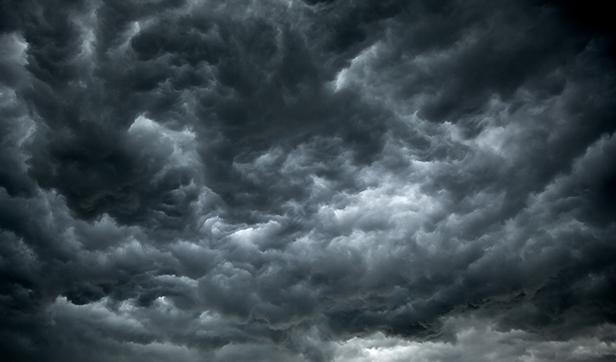
The devastating floods in southern British Columbia last fall are now estimated to have caused $675 million in insured damage, according to new estimates from Catastrophe Indices and Quantification Inc. (CatIQ). The previous insured loss estimate was $515 million.
The November floods are the most costly severe weather event in the province's history. The floods began with a series of atmospheric rivers on November 13 that brought unprecedented rain to the province's southwest over a two-week period. The storms resulted in the tragic loss of life as well as devastating mudslides and flooded homes, farms and businesses. Public infrastructure, including major highways, was destroyed, choking supply chains. The devastation resulted in the province declaring a state of emergency.
While the estimated insured damage due to the November floods has grown, the majority of the increased loss -- and of total insured losses overall -- are due to business claims where commercial insurance is more readily available. In contrast, many affected residents were located in high-risk flood areas and floodplains where residential flood insurance coverage is not available. As a result, it is expected that the cost to government from these events will total well into the billions of dollars.
"While the insured losses from the November flood events are increasing, it is clear that the overwhelming majority of costs for this disaster will be borne by government and taxpayers," said Aaron Sutherland, Vice-President, Pacific and Western, Insurance Bureau of Canada (IBC). "As we continue to see the increasing impacts of our changing climate, it's clear much more must be done to enhance our resilience to these risks and build a culture of preparedness moving forward."
To that end, IBC has been leading conversations with the federal and provincial governments on ways to improve the resiliency of communities moving forward and better manage the costs of flooding for high-risk residential properties in Canada. As a member of the federal, provincial and territorial Task Force on Flood Insurance and Relocation, IBC has put forth options to create a residential flood insurance program -- including a public-private partnership model -- that would help make affordable insurance available to residents of high-risk areas. These recent floods are a reminder of the urgency with which we must move forward in those discussions.
"Canada must develop a comprehensive plan to close governance gaps and improve resiliency to adverse climate events overall," said Craig Stewart, Vice-President, Climate Change and Federal Issues, IBC. "This includes investments in new infrastructure to lessen the impact of flood and fires on communities, improved building codes, better land-use planning and, increasingly, the creation of incentives to shift the development of homes and businesses away from areas of highest risk."
Consumers with insurance questions are encouraged to contact IBC at 1-844-2ask-IBC (1-844-227-5422) or AskIBCWest@ibc.ca. For more insurance information related to this storm and severe weather in general, please visit: http://www.ibc.ca/bc/disaster/water.
IBC is committed to working closely with the private sector, first responders and governments to improve Canada's preparedness for and resilience to severe weather events.
The amount of insured damage is an estimate provided by CatIQ (www.catiq.com) under licence to IBC.
